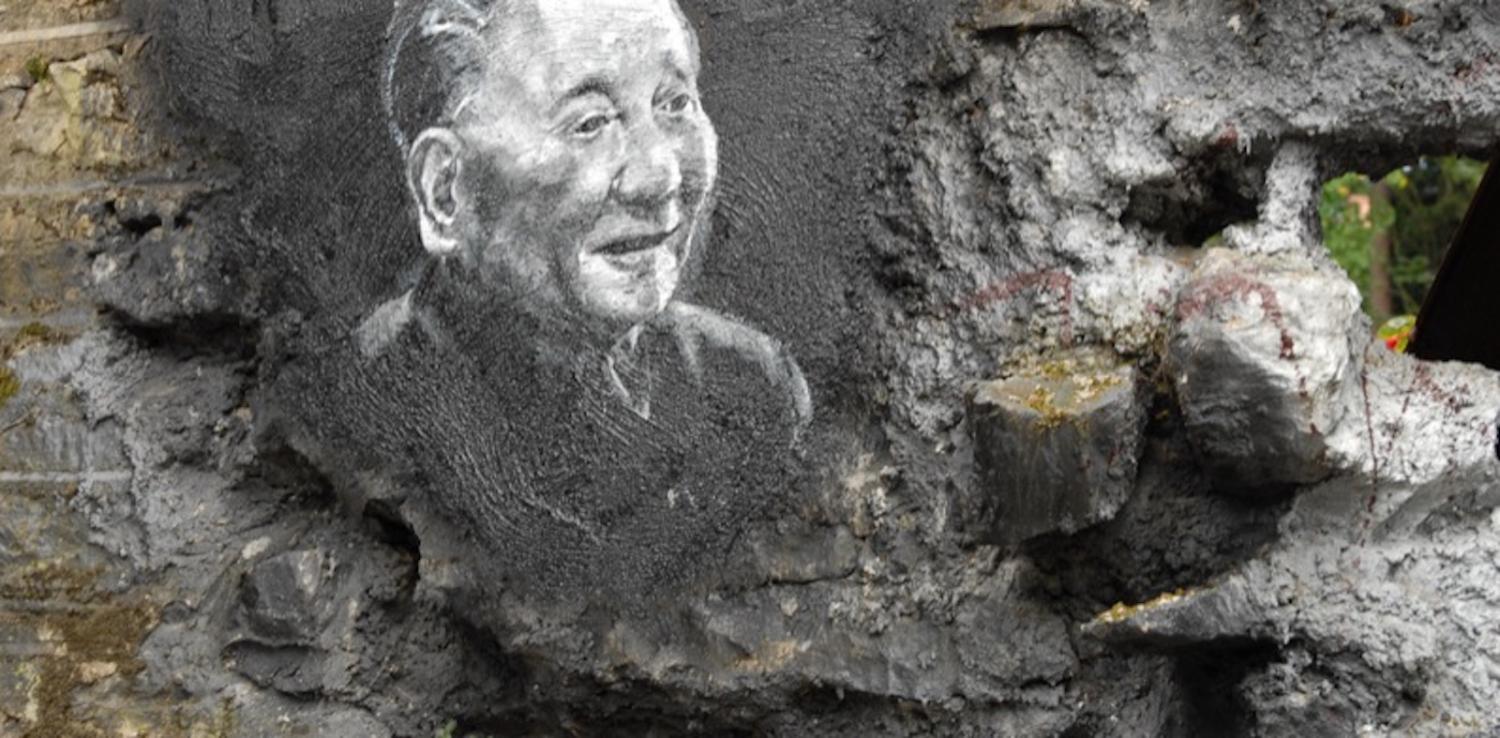It started as soon as Xi Jinping had secured power over the party-state of China. First he was selected to head the Communist Party in November 2012, and then, in what was a mere formality, he was endorsed the following March as President of China. Along the way, he also became Chairman of the Military Commission that controls the Chinese army.
Since then, Xi has amassed even more titles and unique honours making him, at least on paper and organisationally, the most powerful leader in Chinese history (Mao never had all the titles, or the formal power that is now wielded by Chairman Xi).
Shortly after Xi Jinping’s rise, Deng Xiaoping began to disappear. He was disappearing because Xi was claiming some of Deng’s most popular moves as his own.
In 2017, Xi formally reinstated the 1970s Maoist dictum that “Everything in China is under the leadership of the Communist Party: party, state, army, civilian life and education, and all points of the compass”, and had it written into the Party Constitution. He then proceeded to have the Chinese Constitution itself changed, abandoning the 1983 revision that put a two-term limit on the government executive. Theoretically, Xi is now not only China’s Chairman of Everything, a title I’ve favoured since 2013, but also Chairman of Everyone, Everywhere, and for life.
Shortly after Xi Jinping’s rise, Deng Xiaoping began to disappear. He was disappearing because Xi was claiming some of his most popular moves as his own. Now people hailed what appeared to be a new-style anti-corruption campaign, one that Xi launched in 2013. Many, outraged by the egregious corrupt behaviour of the cadre-ocracy, approved of new sumptuary regulations limiting bureaucratic spending and waste.
The outward signs of change were immediate: official banquets would be limited to “four main dishes and a soup”; motorcades for local officials would be banned; lavish spending on flowers and perks would be policed; and a general ban was imposed on the construction of lavish office buildings, hotels, residences, and resorts for the secretive Party nomenclatura.
The clean-up was welcomed, and both official Chinese propagandists well as the international media reported on this new era of government probity and party restraint, one that promised real change in a China that had celebrated its new-found prosperity in a myriad of extravagant ways. While that extravagance might have impressed the world, it was an affront to everyday Chinese workers and farmers on whose labours the party-state relied.
Like his predecessors, Xi Jinping knew that corruption was, once more, threatening the party and its rule over China (one of the things that had helped spark Red Guard rebellion in 1966, popular outrage in 1978, and student protests in 1989).
The regulations that Xi announced shortly after reaching the pinnacle of power were, in essence, little different from similar moves made by Deng Xiaoping. This year marks the 40th anniversary since the Communist Party rejected policies of its first thirty years in power that imposed class struggle on the nation resulting in constant purges, economic mismanagement, and untold human suffering. In December 1978, the Party announced that henceforth it would focus on building up the nation economically and, with the fetters loosened, everyday Chinese people from all walks of life created an economic miracle.
As the reforms evolved, Deng Xiaoping and his colleagues called for limits on government excess, party waste, and corruption. Rules limiting official banqueting to “four dishes and one soup” were announced; the partocracy was forbidden from constructing lavish offices, residences, and resorts. Motorcades, floral tributes, and the raft of indulgent practices allowing underlings to curry favour with their masters were outlawed.
More importantly, in 1980 Deng Xiaoping called for substantive reforms to how the Party regulated itself: there was to be a term limit for Party leaders in office, something that would prevent another disastrous era of one-man rule. “Tenure for life in leading posts,” he declared, “is linked both to feudal influences and to the continued absence of proper regulations in the Party for the retirement and dismissal of cadres.” Measures were also taken to prevent the over-concentration of power in the hands of leaders and party secretaries. As Deng warned his comrades:
This phenomenon is connected to the influence of feudal autocracy in China’s own history.
Despite the success of the economic reforms launched in 1978 in creating a neo-liberal economic system in China, under Deng tentative moves to reform the top-down political system failed. Meanwhile, many Mao-era achievements in basic and relatively egalitarian social welfare, in particular in regard to education and health, were undermined. Nonetheless, there was under Deng and his successors a sense of forward motion, one that even survived the calamity of 4 June 1989. Xi Jinping has imposed a different social contract.
Xi Jinping has been pickpocketing policies from the Deng era. He does so while diminishing the man hailed for decades as the “Architect of Reform and the Opening Door Policies”. At the same time, he crucially overrides aspects of Deng’s legacy that might limit his afflatus and sense of mission.
As the head of China’s one-party-state, Xi is also master of the national narrative, or what he calls The China Story. With dominion over the past, allowing him to pick and choose from policies that continue to amalgamate the fate of the Communist Party with that of China, he also determines a vision for the future.
After six years in power it is clear that Xi Jinping’s China is one of arrogance and ambition, social compliance, and rigidity. Xi’s party-state is happy to allow its people to be producers and consumers, but it frustrates popular aspirations for people to become empowered citizens.
Xi Jinping’s China Story is one of expanding ambition and contracting horizons.

